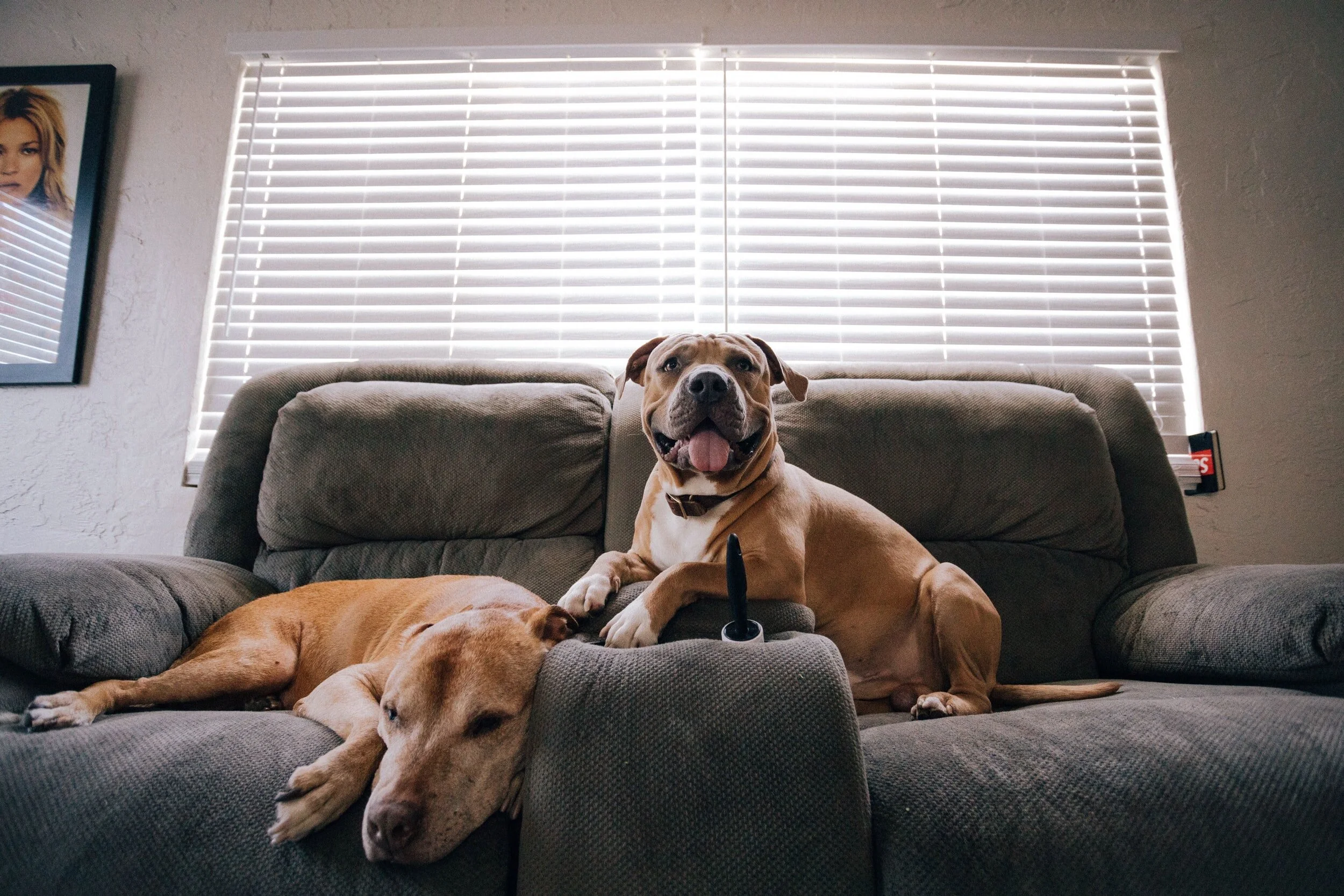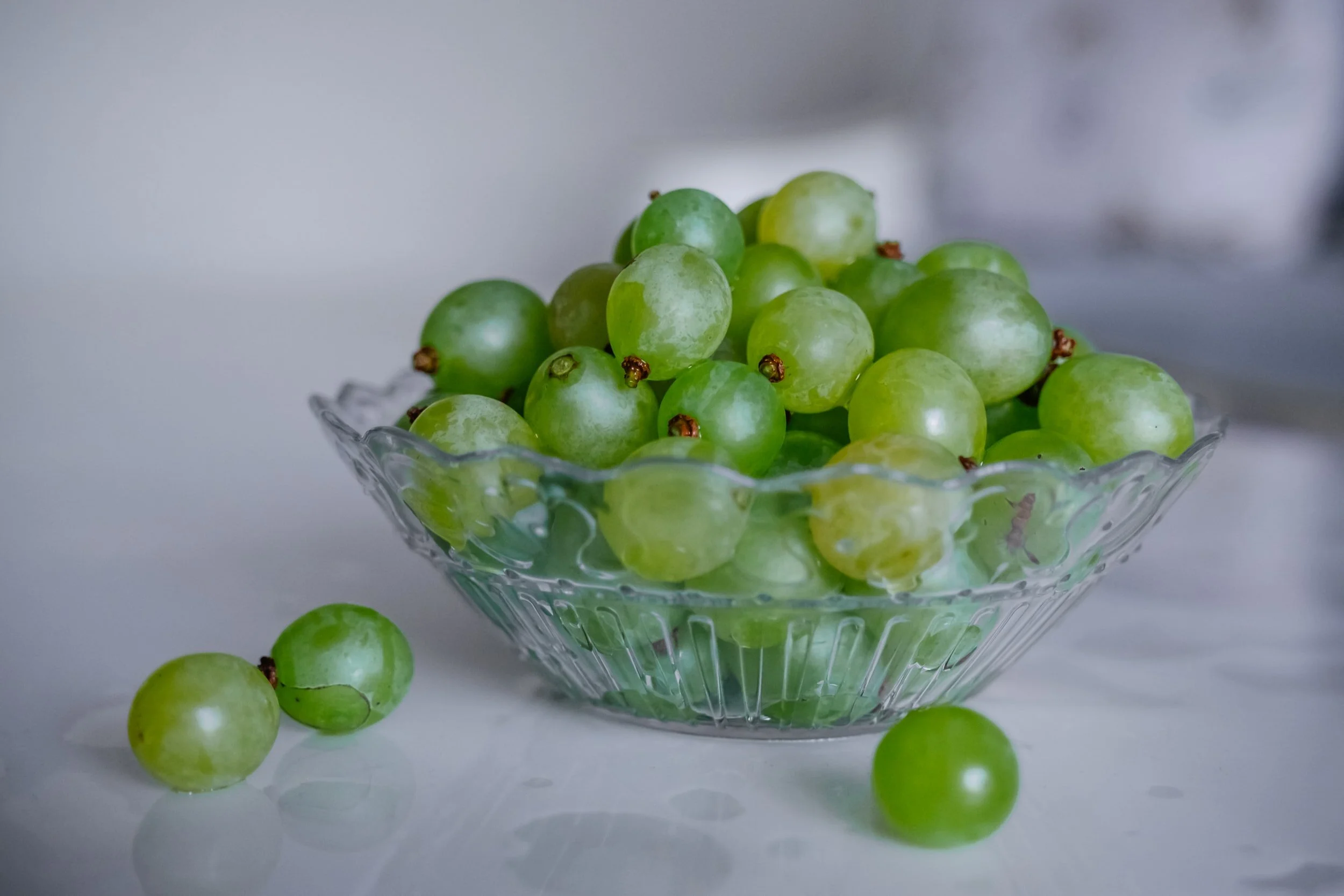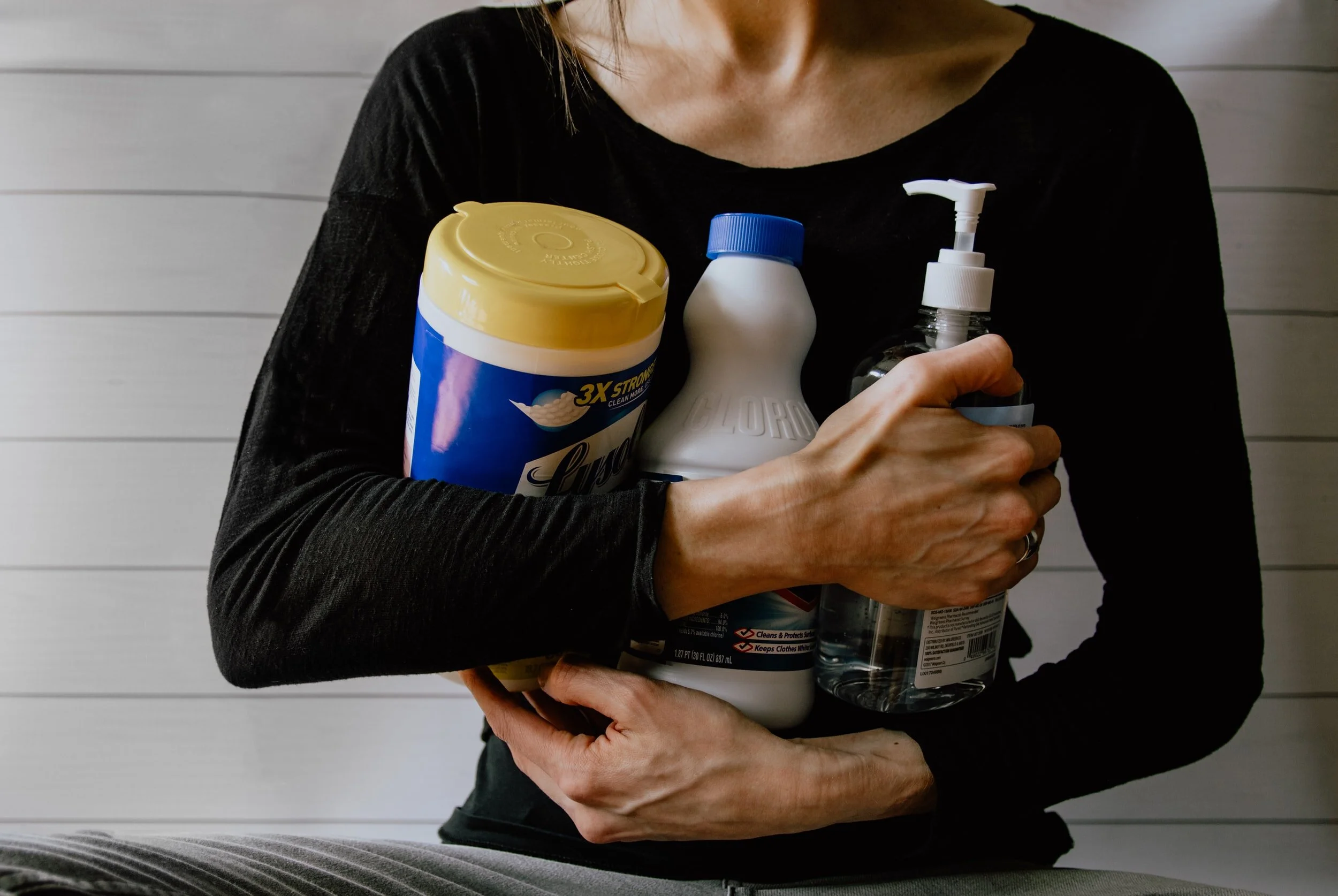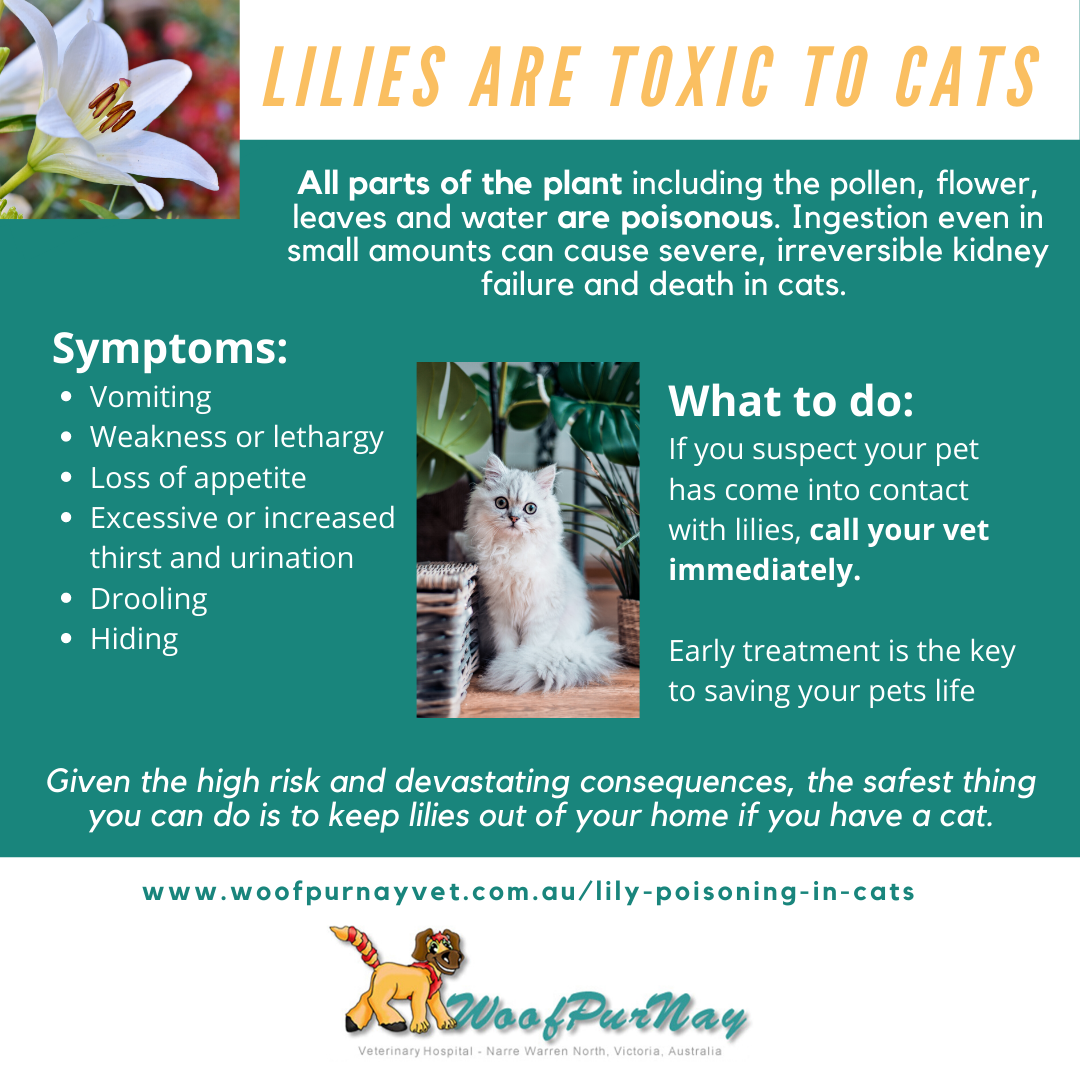Keeping our pets safe & healthy is a priority for all pet lovers. However, there are a number of common items found around the home that we may not realise can be harmful to our pets. To make it easy, we have created a list of some of the most common household toxins to pets and how to keep them away from our furry friends.
Human foods
There are many foods that are safe for humans, however toxic to our pets. The following foods should never be fed to pets:
Garlic, onion, chives and leeks - are in the Allium family and are poisonous to both dogs and cats if too much is eaten. These common ingredients are often found on the dinner table and can be hidden in gravy and sauces so avoid offering table scraps to your pet.
Grapes, raisons, currants and sultanas - are toxic to dogs and cats as they can cause kidney issues. These small treats can easily drop on the floor and be gobbled up by eager pets so be mindful of pets when eating them.
Alcohol - can cause severe liver, kidney and brain damage in animals. As little as a tablespoon can lead to problems for your pet so keep it out of reach.
Chocolate – in all forms, especially dark or cooking chocolate is not safe for pets. Symptoms of chocolate poisoning include vomiting, diarrhoea, rapid breathing, increased heart rate, tremors and seizures.
Sweets – many lollies and sugar free treats that contain xylitol are toxic to pets. Such poisoning can lead to lethargy, loss of balance, permanent brain damage, liver failure and death.
Macadamia nuts - Macadamia nuts are often found in cookies, cakes and other indulgent treats. They are also a popular snack. However, they are not safe for pets. Even a small amount of these nuts can cause severe symptoms including vomiting, ataxia, weakness, fever and muscle tremors. So if you are thinking of giving your pet just a little taste, don’t!
Medications
Both human and pet medications should be kept out of reach from pets and always check correct dosage when administering medications to your pet.
Human medications – all human medications should be kept out of reach from pets. Pets are naturally curious, so never leave medicine or pill bottles where your pet can reach them and always pick up any dropped pills immediately, before your pet gets a chance to consume them.
Pet medications - when administering medications to your pet make sure you check the correct dosage. Even animals can overdose on pet medications.
Flea and tick preventatives – ingredients such as permethrin and pyrethrins that are included in certain dog only flea & tick preventatives are very toxic to cats. If your household includes both dogs and cats, look for cat friendly options to keep all pets safe.
Household products
There are many common household products that are toxic or can cause problems in your pets digestive system:
Cleaning products - almost all cleaning products, even natural ones contain chemicals that may be harmful to pets. Be sure to keep all cleaners and chemicals out of your pet’s way, both during use and in storage.
String, socks, stockings – string, dental floss and elastic bands can be an attractive toy for pets. Dogs love chewing on socks or stockings that have been left on the floor. However, they can cause painful intestinal obstructions if swallowed so keep them out of reach from pets.
Toys/squeakers – kids toys often spill out into all areas of the house and can be attractive for pets to chew on or swallow. Small pieces of plastic, batteries and squeakers can all cause problems in your pet digestive system so keep these away from pets and offer pet safe chew toys for entertainment.
Rubbish – there is often a range of unsafe items sitting in your rubbish bin. Its smell can often attract pets too. Keep rubbish bins out of reach in a closed cupboard and immediately dispose of unsafe household scraps such as corn cobs, bones and fruit pips.
Home improvements - common home improvement products like paint, adhesives and pool additives are toxic when ingested by pets. Keep these all well out of reach both during use and in storage.
Garden supplies
Some of the most common garden supplies that we need to protect our pets from include:
Fertilisers & insecticides - they may keep our lawns and plants healthy, but their ingredients can be dangerous if your pet ingests them. Always label and store them out of reach and call us immediately if your pet has swallowed anything poisonous.
Snail & slug bait - is highly attractive for dogs and cats and ingestion even in small quantities can be fatal. Even those advertised as “pet safe” can still cause severe gastrointestinal signs and red blood cell damage. So reconsider whether these are absolutely necessary in your garden.
Rat or mouse bait – these baits are designed to be attractive to animals so placing them in difficult to reach places can sometimes be unsuccessful. Consider other methods that don’t pose a risk to pets.
Poisonous flowers & plants
We often decorate our homes or receive flowers and plants for special occasions. Our backyards are also populated with a variety of plants and trees. Be mindful that some can be toxic to your pet.
Lilies - are highly toxic and potentially fatal to cats. Some types are also toxic to dogs. All parts of the plant, including the pollen, flower and leaves are poisonous so make sure they are well out of reach.
Other flowers & plants - that can also be dangerous if eaten by your pet include poinsettia, azaleas, tulips, daffodils and carnations. For a more detailed list of poisonous plants go to: https://www.aspca.org/pet-care/animal-poison-control/toxic-and-non-toxic-plants
Tree or plant fruit stones – many plants or trees will drop fruit stones, berries or seeds that can cause intestinal blockages or obstructions if eaten. Some also contain toxic compounds that can be poisonous to your pet. So try to pick up fallen fruit stones and do your research to make sure you don’t have any toxic plants in your backyard.
If you suspect your pet has swallowed something poisonous or eaten something they shouldn’t please call us immediately on 03 8784 4444.







